Acne Care
Picking acne will potentially leave you with scarring
According to Acne & Rosacea Canada, acne is affecting 90% of teen and up to 1 out of 5 women.
Types of Acne
Basically, there are two categories of acne:
1. INFLAMMATORY LESIONS - Papules, pustules and cysts: visible red pimples and inflammation
2.NON-INFLAMMATORY LESIONS - opened comedones: also called blackheads, these are easy to extract
Closed comedones: also called whiteheads, these have no opening - skin covers the impurities
NOTE: It is a common belief that because they show no visible redness, closed comedones are not inflamed. However, since there is no oxygen inside the pimple, bacteria multiplies and inflames the walls of the sebaceous follicle. This stage may be avoided with the help of exfoliation or microdermabrasion.
Acne Care
Certain habits may encourage or prevent comedones. Here are a few tips to help you make a difference in the occurrence of acne.
1. External Hygiene
Wash your hands often
Clean your face at least twice a day
Avoid touching your face with your hands
Clean your smart phone, eyeglasses or sunglasses regularly with an antibacterial cleaning agent
Check the quality of your cosmetics - some are comedogenic
Do not use cosmetics products (including sunscreen lotions) that have been open for a year or more they are oxidized and may trigger acne
Do not use rubbing alcohol - it throws the hydrolipidc layer off balance.
Change your pillow case every day (or place a towel on it and change it every day)
Avoid dust (especially from old clothes, cardboard boxes, closets during spring-cleaning, etc.) or else. Wash your hands repeatedly while in contact with the above- nothing creates more comedones than dust
2. Diet, Nutrition & Lifestyle
Drink a lot of water
Cut out dairy products
Cut off fermented food, such as cheese
Cut off sugar intake (sugar causes inflammation and skin aging)
Avoid alcoholic drinks (which also contain sugar)
Pay attention to your vitamin E intake - an overdose may cause toxicity of the liver and trigger lesions on the skin
Take Vitamin B and zinc supplements when acne is caused by hormonal imbalance - these substances normalize dehydrotestosterone and cortisol (two hormones secreted by the adrenal glands - some genetically predisposed people have hyperactive adrenal glands)
When acne is caused by stress, you may find that yoga, aromatherapy, massages and relaxation techniques can help control the problem.
Our Professional Approach to Acne Care
When dealing with acne, extraction is important but we don't extract papules or comedones which are not ready to be extracted. In some cases, the skin is better to be left alone and the inflammation treated by destroying the bacteria with specialized topical solutions.
A professional acne treatment, performed by your professional esthetician, once a week or once every 2 weeks, for a total of 10 to 20 treatments, will help restore the skin's balance. Massages must be avoided but a lympathic drainage on the face will be helpful. The skin should be treated very carefully and gently with targetednon-comedogenic products designed for acne-proned skin.
Recommend the best suitable home-care products for our clients to use at home on a every day basis. It is important to find the real cause of the acne in order to better control it. It all starts, however, with a good basic cleansing of the skin and a few lifestyle adjustments.
If you want to learn more about acne care, call 604-306-7531 to book a complimentary skin consultation today.


